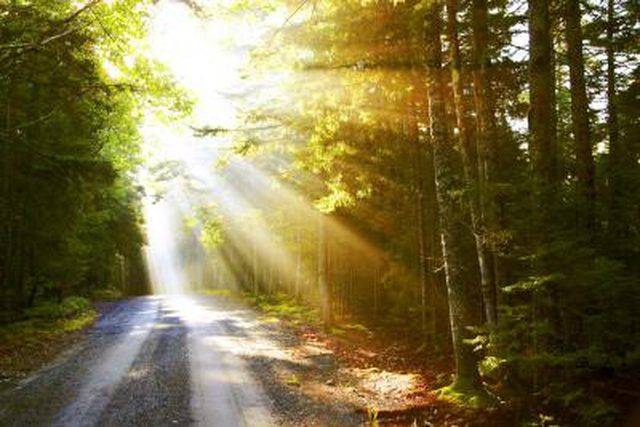Bulbs
Flower Basics
Flower Beds & Specialty Gardens
Flower Garden
Garden Furniture
Garden Gnomes
Garden Seeds
Garden Sheds
Garden Statues
Garden Tools & Supplies
Gardening Basics
Green & Organic
Groundcovers & Vines
Growing Annuals
Growing Basil
Growing Beans
Growing Berries
Growing Blueberries
Growing Cactus
Growing Corn
Growing Cotton
Growing Edibles
Growing Flowers
Growing Garlic
Growing Grapes
Growing Grass
Growing Herbs
Growing Jasmine
Growing Mint
Growing Mushrooms
Orchids
Growing Peanuts
Growing Perennials
Growing Plants
Growing Rosemary
Growing Roses
Growing Strawberries
Growing Sunflowers
Growing Thyme
Growing Tomatoes
Growing Tulips
Growing Vegetables
Herb Basics
Herb Garden
Indoor Growing
Landscaping Basics
Landscaping Patios
Landscaping Plants
Landscaping Shrubs
Landscaping Trees
Landscaping Walks & Pathways
Lawn Basics
Lawn Maintenance
Lawn Mowers
Lawn Ornaments
Lawn Planting
Lawn Tools
Outdoor Growing
Overall Landscape Planning
Pests, Weeds & Problems
Plant Basics
Rock Garden
Rose Garden
Shrubs
Soil
Specialty Gardens
Trees
Vegetable Garden
Yard Maintenance
What Are the Functions of Carbohydrates in Plants?
What Are the Functions of Carbohydrates in Plants?. Like all living organisms, plants require energy in chemical form so they can grow and carry out basic life functions. Plants produce, store and burn carbohydrates in the form of sugar to provide themselves with energy.

Like all living organisms, plants require energy in chemical form so they can grow and carry out basic life functions. Plants produce, store and burn carbohydrates in the form of sugar to provide themselves with energy.
Photosynthesis
People and animals obtain their energy by consuming foods that contain carbohydrates. Plants, on the other hand, synthesize their own carbohydrates. Each green cell contains the machinery to harvest light energy and use that energy to break up carbon dioxide and water. The rearrangement of these molecules results in glucose, a carbohydrate.
Cellular Respiration
Like other organisms, plants store carbohydrates and burn them for energy. This process, called cellular respiration, breaks down the carbohydrate molecules produced during photosynthesis, releasing energy to power the plant's life processes.
Food Source
The considerable difference in how plants and animals generate energy is significant for all life on Earth. Without plants, the abundant energy beating down from the sun would go unused. When plants produce sugars from sunlight, they make those carbohydrates available to organisms that consume the plants as food. This forms the basis of the planet's food webs.